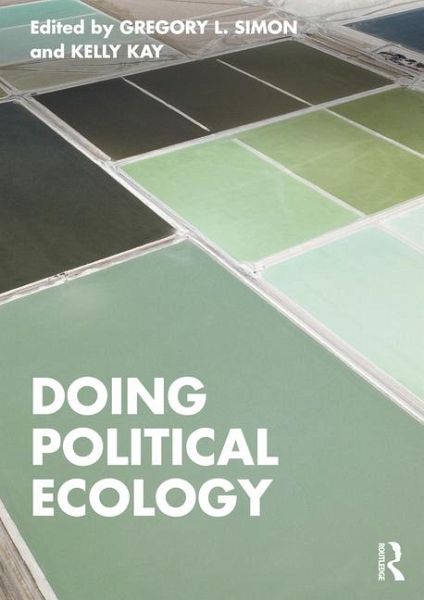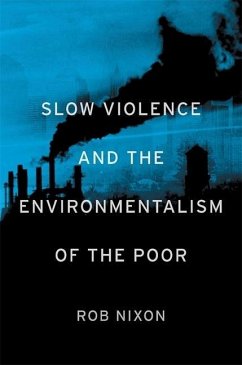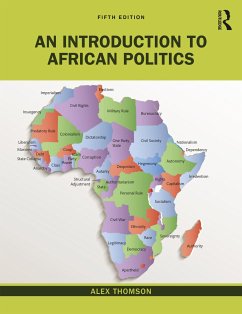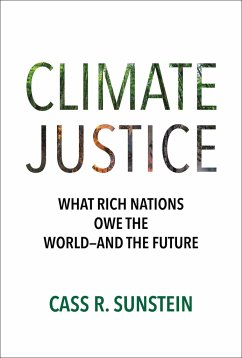
Doing Political Ecology

PAYBACK Punkte
18 °P sammeln!
Since its inception, the field of political ecology has served as a hub for inclusive and transformative environmental inquiry. Doing Political Ecology offers a distinctive entry point into this ever-growing field and argues that our scholarly â foundationsâ comprise a cross-cutting latticework of research approaches and concepts.













